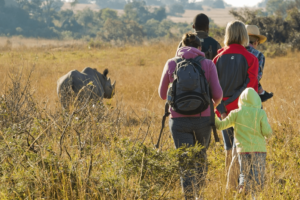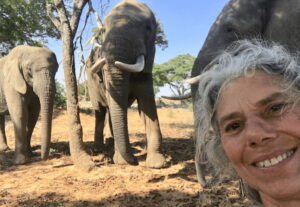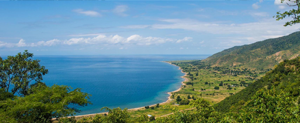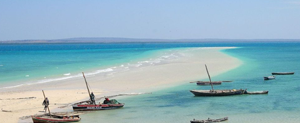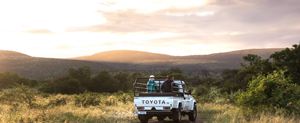Responsible travel policy
Our vision is to contribute to a world where people and wildlife thrive together, using the positive influence of travel to contribute to wildlife conservation and cultural exchange. We take a strong stance on what constitutes responsible travel and ethical volunteering whether it be with wildlife, with children, or in communities.
We want travellers and volunteers to make informed and ethical choices when it comes to choosing a responsible African travel experience. You will join a project where you can achieve your personal goals and make a long-lasting, positive impact.
We urge all responsible travellers to do their homework before booking any kind of trip. We pride ourselves on only offering ethical volunteer projects which we can 100% stand behind. Ones we know inside out, that we have investigated thoroughly and experienced ourselves.
With Conservation Travel Africa, you can be sure you are going to a genuine project, where your presence is truly meaningful.
What makes our projects the ethical choice?
Our commitment to responsible travel:
- Support partners with clear, long-term conservation goals;
- Ensure volunteers are aware how their work positively impacts wildlife;
- Monitor and visit projects to ensure volunteers are undertaking useful and meaningful work;
- Make travellers aware of appropriate behaviour towards wildlife;
- Work with projects who educate communities on conservation and environmental principles;
- Make travellers aware of how they can be environmentally conscious while volunteering.
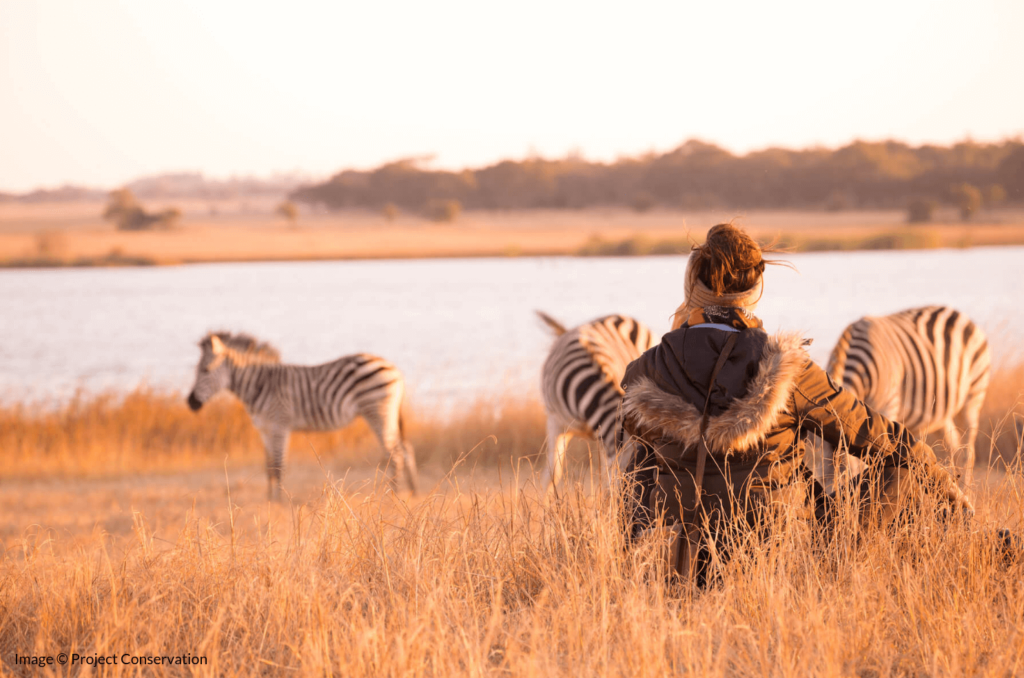
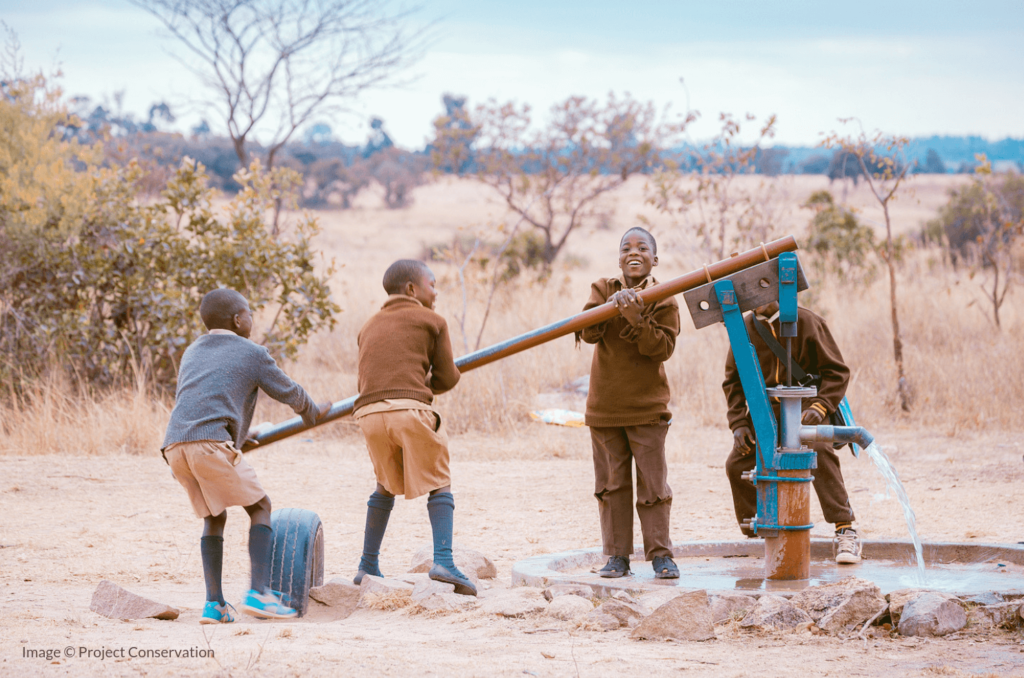
Our social and cultural responsibilities:
- Help to build equal partnerships where communities and volunteers work together to achieve their goals;
- Ensure volunteers work on long-term empowerment and income development projects, not ones which promote dependency;
- Working to ensure volunteers work with, not instead of, local workers;
- Encourage the employment and training of local staff and guides at our projects;
- Using local guides for tours, transfers and community visits;
- Encouraging projects to use local manufacturers and suppliers.
Our commitment to volunteers:
- Offering projects which are based on ethical volunteering principles;
- Ensure we are accurate in our portrayal of our business and our projects;
- Providing full pre-departure information and opportunities for post-project feedback;
- Preparing volunteers for cultural norms and advising on behaviour and clothing expectations;
- Ensure projects conduct a thorough orientation and safety briefing;
- Ensuring volunteers have access to our office staff before, during and after their programme;
- Being financially transparent about where and how fees are spent.
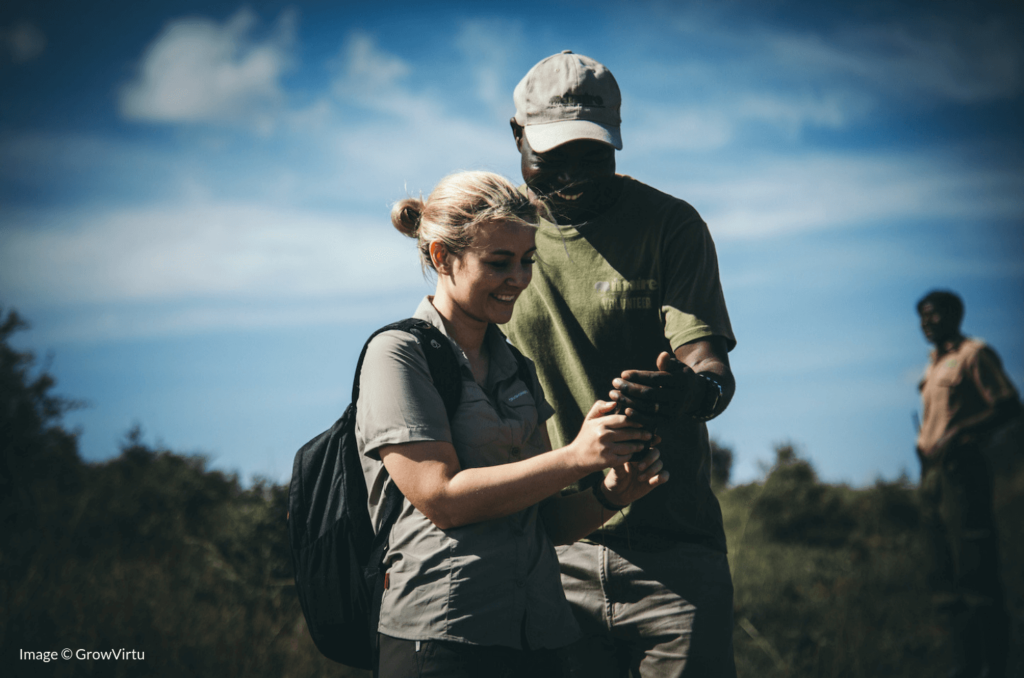
Choosing an ethical volunteer project
An ethical volunteer trip should be one where you will work alongside experienced professional guides and researchers, contributing to long-term projects protecting specific focus species. What responsible travel should not be, is a holiday to somewhere exotic where you can cuddle cute animals to get some nice pictures for social media.
In addition to experiencing amazing animals, monitoring wildlife and observing behaviour, wildlife projects will usually have physical, land conservation work involved. This could be building fences or repairing roads, removing invasive species of plants, and planting trees – work which is vital to maintain the health of the area where the animals live.
All our wildlife project partners are carefully selected to meet our conservation criteria: that their volunteer programmes are dedicated to the best interests of its wildlife, and that volunteers truly contribute to specific long term conservation goals.
Read our blog posts: 7 ways to choose an ethical volunteer programme and When is a wildlife sanctuary not a sanctuary?
- Water reduction and wastage policies (use of grey water, collection of rainwater);
- Recycling and composting;
- Improving local environments through community litter collection campaigns / beach clean-ups;
- Eating seasonal produce grown at source;
- Reforestation and use of sustainable timber.
Volunteers can have immensely positive impacts on the places, communities and people you visit and work alongside. We believe that volunteer projects working in and with communities must implement programmes that make efforts to equalise social, economic or environmental inequalities. Your time spent in communities should be about impacting real people, and empowering their lives.
We have extensively researched the organisations we work with, have visited projects, and met with local staff. We only work with community partners who implement long term projects, focused on areas identified as essential through consultation with community leaders. The community is the centre of the project. Organisations which make the experience revolve around the volunteers, are either potentially harmful, or at best, have no impact.
Responsible volunteer projects also support communities through local job creation, and use of local suppliers. Find out where your money goes and check on success stories before you book. If a programme cannot give you real-life examples of the impact they have had, the chances are the project is not community-centric.
We believe that the ethical way to support vulnerable children is through community rehabilitation and poverty alleviation programmes, skills development, training and education.
Read our related blog posts:
Our volunteer projects:
Wildlife conservation programmes
Marine conservation programmes
Community
volunteering
Family
volunteering
Our mission
Our mission is to connect responsible travellers with wildlife conservation programmes and community projects, to provide life-changing journeys that have a genuine impact.
We are ethical travel Africa experts.

